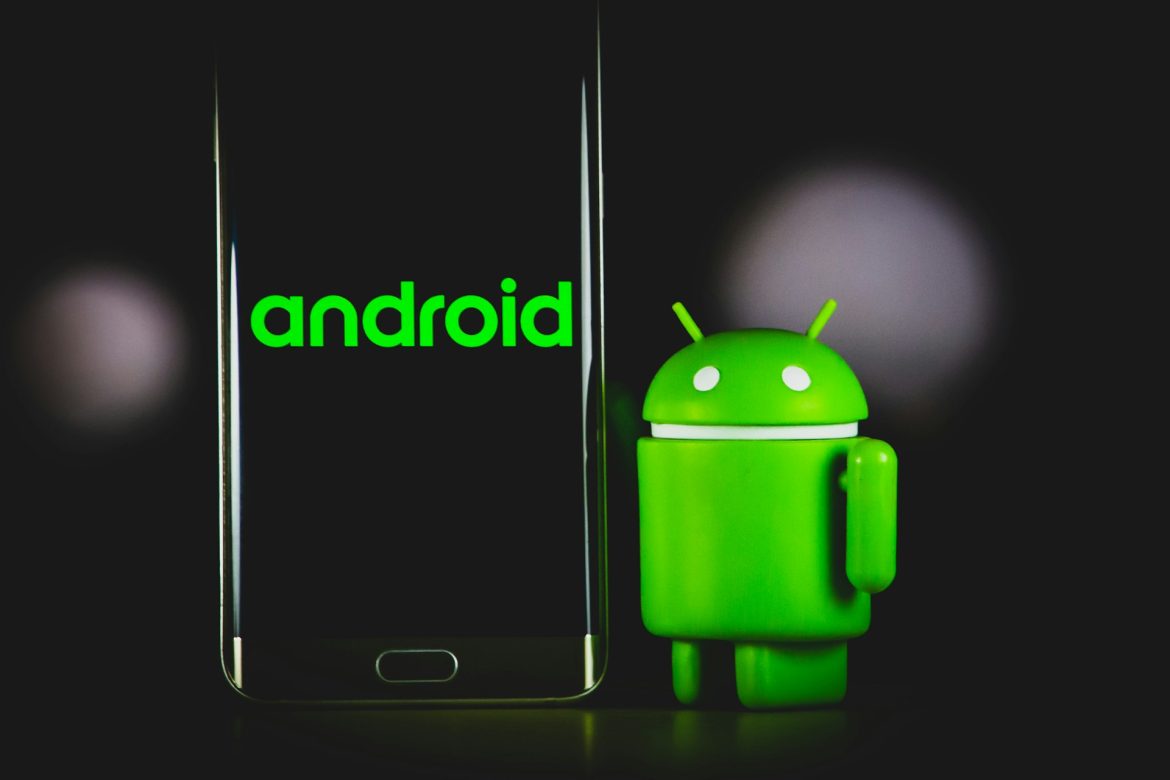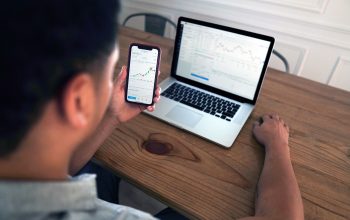If you’ve noticed that your Android phone is taking much longer to charge than usual, or if it has always been slow to reach 100%, there are several potential causes. Here are some common reasons for slow charging and tips on how to address them.
Is Your Charging Cable in Good Condition?
One of the most frequent causes of slow charging is a faulty or worn-out charging cable. If you’ve been using the same cable for an extended period, it may have experienced significant wear and tear. Charging cables often endure a lot, from being carried around in bags to being stepped on, tangled, or even chewed by pets.
To determine if your cable is the issue, inspect it for any visible signs of damage, such as fraying, bending, or scratches. Even minor damage can affect charging speed. Unfortunately, if the cable is damaged, the best solution is to replace it with a new one.
It’s also worth noting that not all cables are created equal. Some support faster charging speeds than others, so if you’re experiencing slow charging, your cable might not be optimal for fast charging. Consider investing in a high-quality cable that supports faster charging.
Is Your Charger Up to Standard?
Another factor to consider is the charger itself. The charging adapter (also known as the charging brick) that plugs into the wall plays a crucial role in determining how quickly your phone charges. With many smartphone manufacturers no longer including chargers with their devices, it’s important to choose a charger that is compatible with your phone’s charging needs.
If you’re using an older charger with a new phone, it may not deliver power at the fastest possible speed. This is because newer devices often require more powerful chargers to achieve optimal charging speeds. In such cases, upgrading to a more suitable charger can make a big difference.
Additionally, it’s important to check if your charger is physically damaged. Look for signs such as bent prongs or cracks. If the charger shows any signs of damage, it may need to be replaced.
For those using wireless chargers, it’s important to note that not all wireless chargers offer the same charging speeds. Some wireless chargers, particularly those designed by the phone’s manufacturer (OEM), can charge at higher speeds. Devices like Samsung and Google phones, for example, often perform best with their corresponding OEM wireless chargers.
Are You Using the Correct Charging Port?
Sometimes, the issue lies not in the cable or charger, but in the charging port itself. Over time, charging ports can accumulate dust and debris, which can interfere with the connection and slow down the charging process. A simple cleaning of the port using a soft brush or compressed air might resolve the issue.
Additionally, if the charging port is damaged or loose, this can significantly impact how quickly your phone charges. In such cases, having the port repaired or replaced by a professional is the best course of action.
Are You Using Your Phone While Charging?
Many of us use our phones even when they’re plugged in, whether to browse the web, play games, or watch videos. However, this can slow down the charging process significantly. If you’re using power-hungry apps or features while charging, your phone may not be able to charge as quickly as it would when left idle. Try minimizing phone usage while charging to speed things up.
Is Your Phone Running Power-Intensive Apps?
Certain apps, particularly those that require a lot of processing power or internet data, can drain your battery faster than others. If these apps are running in the background, they may be consuming power faster than your phone can recharge it. To speed up charging, close unnecessary apps and disable background processes.
Is Your Battery Health Deteriorating?
Over time, all phone batteries degrade. If your phone is a few years old, the battery may not hold charge as well as it used to, and it may take longer to charge. While there’s not much you can do to reverse battery degradation, replacing the battery or upgrading to a new phone are viable options.
Is Your Charging Environment Too Hot or Cold?
Temperature can have a big impact on how fast your phone charges. Charging your phone in extreme heat or cold can cause the charging speed to slow down. Ideally, you should charge your phone at room temperature to avoid overheating or freezing the battery.
Is Your Charging Mode Optimal?
Many phones come with different charging modes. For instance, some devices offer a “fast charging” mode that can significantly reduce the time it takes to reach 100%. However, you may need to enable this feature manually in your phone’s settings. Check to see if your phone has fast charging capabilities and whether this mode is activated.
Are You Using a USB Port on a Computer or Low-Power Source?
Charging your phone through a USB port on a computer or a low-power source can be slower compared to using a wall charger. Computers and other low-power devices don’t provide the same amount of power as a wall outlet. For faster charging, always use a wall charger when possible.
Does Your Phone Have Software Issues?
Finally, software glitches can sometimes cause charging problems. If you’ve tried all the above solutions and your phone is still charging slowly, it might be worth performing a software update or rebooting your phone. Software updates can fix bugs that may be affecting your phone’s charging speed.



